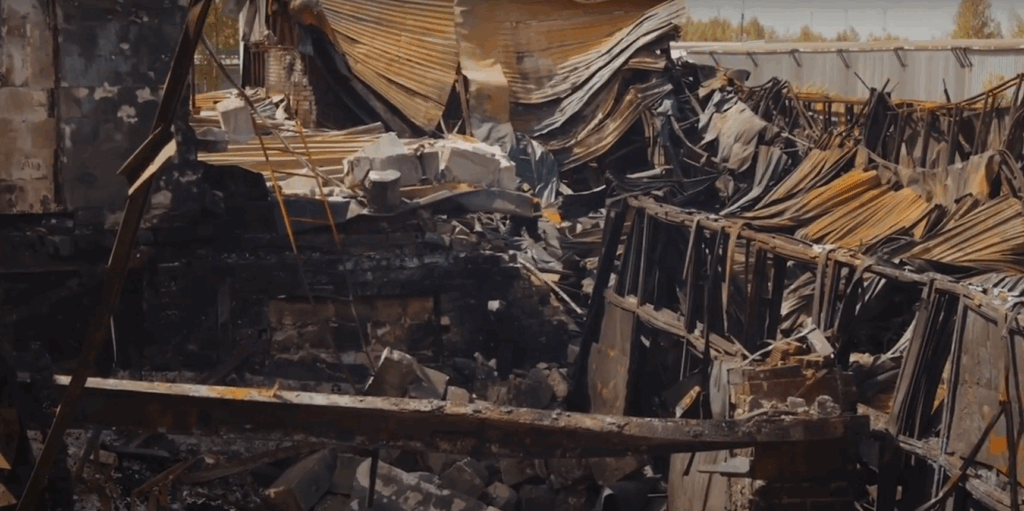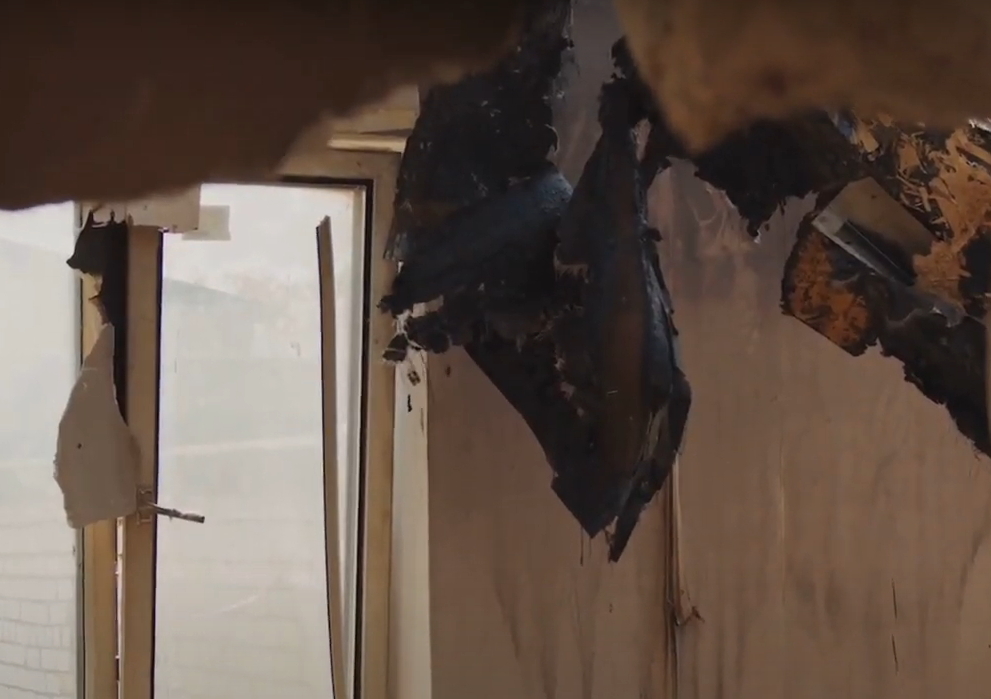Fire can cause serious damage to your home and belongings, often leaving you with huge repair or replacement costs. Fire insurance is a type of coverage designed to protect you from financial loss if fire damages your property. It can be a lifesaver when unexpected disasters strike.

Understanding what fire insurance covers and how it works helps you make smart choices about your protection. Whether you need standalone fire insurance or coverage included in a homeowners policy, knowing your options is important. This will ensure your home and possessions are properly guarded.
The risk of fire is real, and having the right insurance can make a big difference in how you recover. For detailed information on fire insurance coverage and benefits, see this comprehensive guide on fire insurance.
Understanding Fire Insurance and Coverage
Fire insurance protects your property from financial loss caused by fire damage. It plays a key role in safeguarding your home or business, but coverage differs depending on the policy type and risks involved. You should understand these differences to choose the right protection for your situation.
What Is Fire Insurance
Fire insurance covers damage and losses caused specifically by fire, including smoke and explosions related to a fire. It helps pay for repairing or rebuilding your property after fire damage. This insurance typically includes coverage for the structure itself and sometimes personal belongings inside.
You can get fire insurance as a separate policy or as part of a broader property insurance plan. It is important to check what risks the policy covers and any limits on the amount the insurer will pay. Some policies also cover costs for temporary housing if your home is unlivable after a fire.
Fire Insurance vs Homeowners Insurance
Homeowners insurance often includes fire protection, but fire insurance can be more focused and provide higher coverage limits for fire damage. Homeowners policies cover many risks at once—such as theft, storms, and liability—while fire insurance targets fire-related losses only.
If fire risk is high in your area, standalone fire insurance or additional coverage in your homeowners policy could be necessary. You should compare what each policy offers to avoid gaps in protection. Deductibles, coverage limits, and exclusions also vary and affect your costs.
Wildfire Insurance Explained
Wildfire insurance is a type of fire insurance designed specifically for damage caused by wildfires, which are common in dry and wooded areas. Regular fire insurance may not fully cover wildfire risks, so you might need additional or specialized wildfire insurance.
This coverage can include damage to your home, outbuildings, landscaping, and loss of use if evacuation is required. Wildfire insurance also considers hazards like ash damage or embers traveling to property.
If you live in an area with wildfire risk, check if your fire insurance includes wildfire protection or if buying a separate policy is required.
Fire and Wildfire Insurance Claims
Fire insurance helps cover damage caused by flames, smoke, and heat. Wildfires are a special risk often included but may have different rules. Knowing what your policy covers and how to handle claims can protect your property and finances.
What Fire Insurance Policies Cover
Fire insurance policies usually cover damage to your home and personal belongings caused by fire. This includes structural damage, repairs, and sometimes debris removal. Smoke damage and water damage from firefighting efforts are often included.
You may also get coverage for additional living expenses if your home becomes unlivable due to fire. Some policies pay for temporary housing, food, and other costs while you rebuild.
Fire insurance does not typically cover damage caused by neglect or intentional acts. Policies vary, so check your coverage details closely.
Does Homeowners Insurance Cover Fire Damage
Most standard homeowners insurance policies include fire damage coverage. This means the insurer will pay to repair or rebuild your home if fire causes damage. It also covers the loss or destruction of your personal property inside the house.
Your policy should also cover smoke damage and costs related to staying elsewhere if the home is unsafe. However, policies can have limits or exclusions, so be sure to read the fine print about fire coverage.
You will likely need to document any damage fully and file a claim quickly. Insurers often send an adjuster to assess your loss.
Does Insurance Cover Wildfires
Wildfire coverage depends on your policy and location. Many homeowners policies do include wildfire damage in their fire protection sections. This means damage from forest or brush fires falls under your fire insurance.
Some policies may have special wildfire terms, deductibles, or caps. If you live in a wildfire-prone area, consider separate wildfire insurance or additional coverage to protect your property better.
Renters and condo insurance can also cover wildfire damage to belongings and liability if someone is hurt on your property during a wildfire.
How to Get Home Insurance After a Fire
Getting home insurance after a fire can be challenging but not impossible. You’ll need to provide proof of repairs or rebuilding plans to show the property is safe.
Some insurers may increase premiums or add wildfire-specific conditions. Shopping around and working with an agent familiar with wildfire risks can help.
If your claim was denied or paid less than expected, legal advice may assist you in getting fair compensation.
Keep records of all communications with the insurer and document your property’s condition thoroughly during the process.
For detailed guidance on filing claims after wildfires, see insurance claim tips and procedures at insurance.com.
Frequently Asked Questions

Fire insurance protects your property from damage caused by fire and related risks. It usually covers repair costs, lost items, and sometimes additional living expenses. Understanding the policy details helps you know what to expect during a claim.
What are the conditions for fire insurance?
You must own or have an insurable interest in the property. The fire must be sudden and accidental, not caused on purpose. Some policies require regular maintenance and safety measures to keep coverage valid.
You may need to provide proof of ownership and a list of valuable items. Insurers often ask for photos or receipts to confirm your claim later.
How does insurance work with a fire?
After a fire, promptly report the damage to your insurer. Document all damage with photos and videos. You should also make a detailed list of lost or damaged items and get repair estimates.
The insurer will assign an adjuster to inspect the damage. Your claim will be reviewed based on your policy terms, and payment will be made to cover repairs or replacement.
What is not covered by fire insurance policy?
Most policies exclude damage caused by war, nuclear hazards, or intentional acts by the owner. Damage from floods or earthquakes typically requires separate coverage.
Wear and tear or maintenance issues are not covered. Also, if fire damage results from illegal activities, the insurer may refuse to pay.
What is the period of fire insurance?
Fire insurance usually comes as a one-year policy, and you’ll need to renew it every year if you want to keep your coverage. Just don’t forget those premium payments—otherwise, you’re out of luck if something happens.
Some companies do offer longer terms, but honestly, it depends on your contract. Insurers can change up their renewal rules, so it’s worth giving your policy a closer look.
